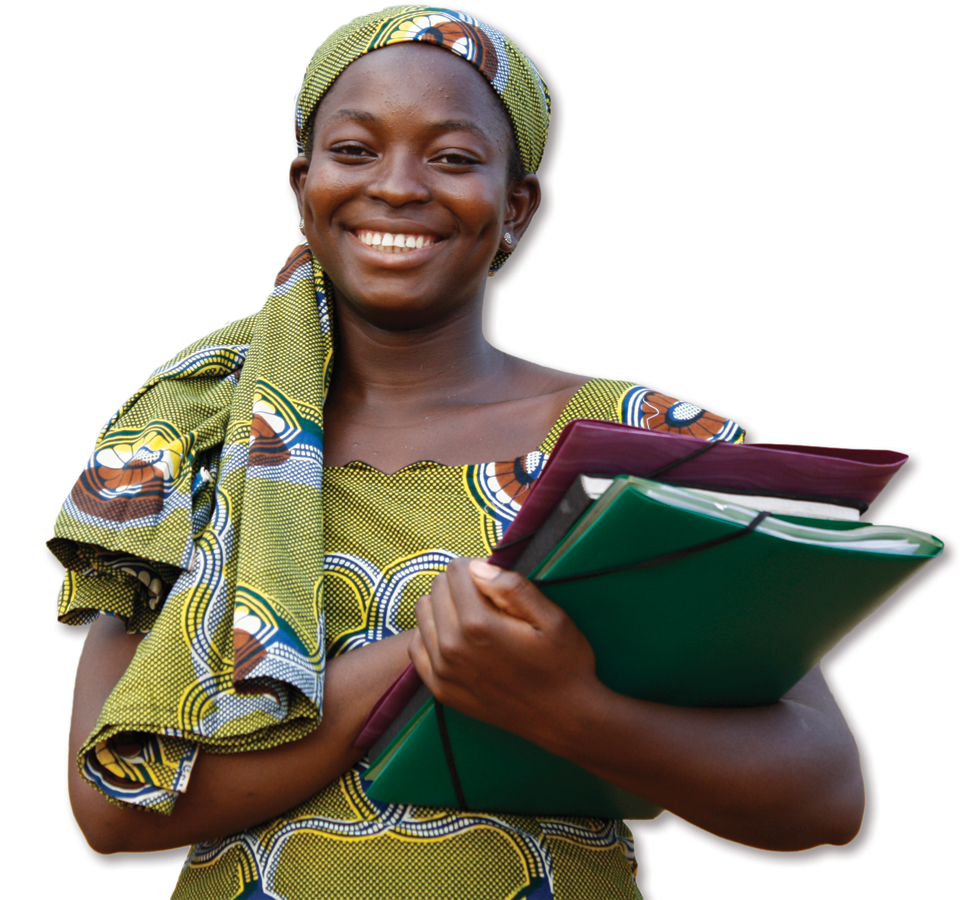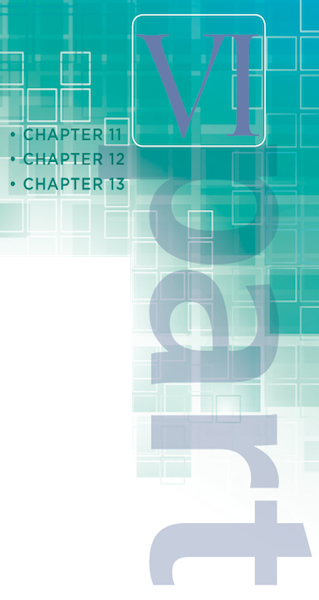Adulthood
392

|

|
393
We now begin the sixth part of this text. These three chapters cover 47 years (ages 18 to 65), when bodies mature and people develop areas of expertise as they contribute to the workforce.
No decade of adulthood is exclusively linked to any one event: Adults at many ages can get stronger or weaker, learn and produce, nurture friendships and marriages, and care for children and aging relatives. Many may experience hiring and firing, wealth and poverty, births and deaths, weddings and divorces, windfalls and disasters, and illness and recovery. Adulthood is punctuated by many events, some joyful and some sorrowful.
There are some chronological norms, noted in these chapters. Early in adulthood, few people are married or settled in a career; later, many have partners and offspring. Expertise at a particular job is also more likely at age 50 than 20.
Developmental history is always relevant: Adults are guided by nature and nurture as they choose partners, activities, communities, and habits. The experience of adulthood is not the same everywhere. In some nations and cultures, dominant influences are families, economics, and past history; in others, genetic heritage and personal choice are the focus. Of course, it is a matter of degree.
The following three chapters describe adulthood: the universals, the usual, and the diverse.